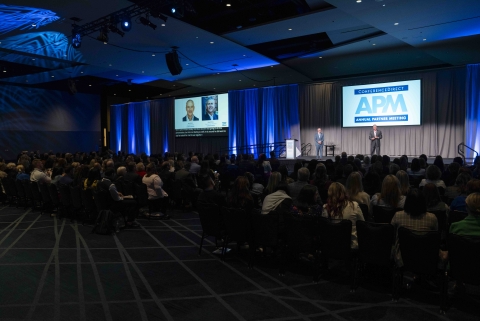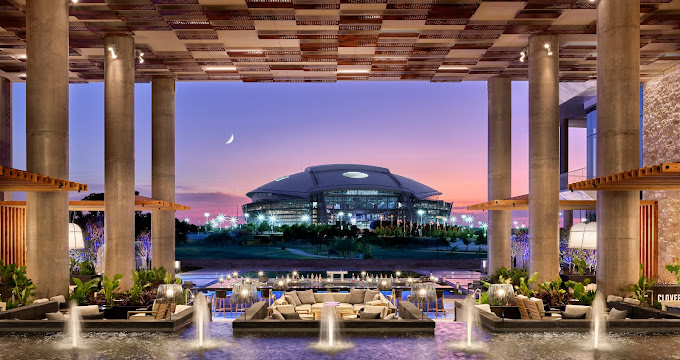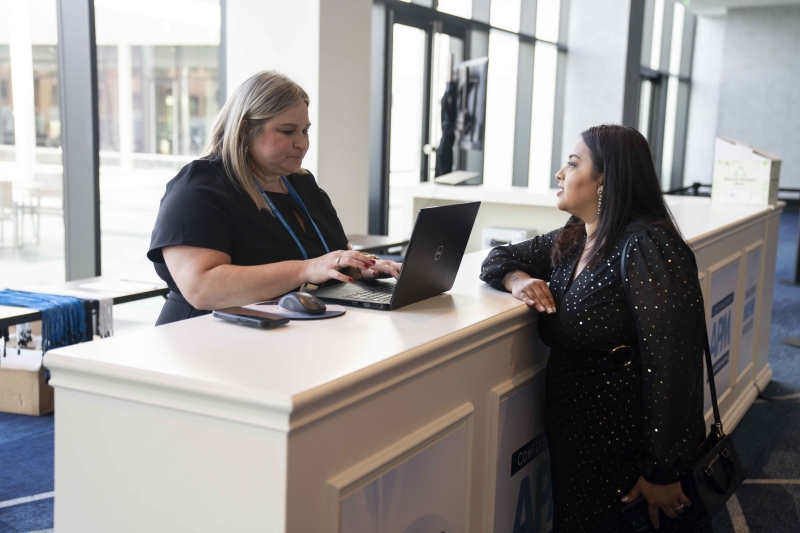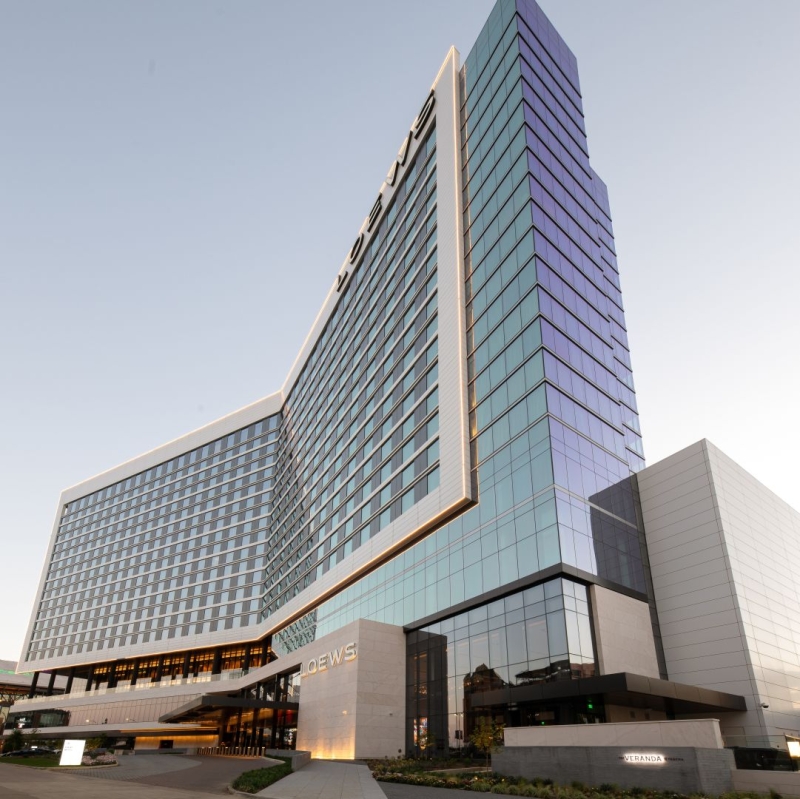Producing Carbon-Neutral Events: A Guide to Sustainable Event Planning with ConferenceDirect’s Larry Hanson

ConferenceDirect's voyage towards producing a carbon-neutral event wasn't a spur-of-the-moment decision. "This journey started four years ago when we committed to a 30% reduction by 2030," said Larry Hanson, chief marketing and sustainability officer for ConferenceDirect, a meeting and event management firm that manages more than 1,000 conferences globally.
The increasing demand from corporate clients to address sustainability in RFPs and his personal commitment to sustainability propelled the company to develop a dedicated team of Events Industry Council (EIC)-certified sustainable event planners.
To embark on the path to carbon neutrality, organizers must first identify and measure the major contributors to their event’s carbon footprint. Travel, waste, food, accommodation, and venue are the primary areas where emissions occur. After reducing energy consumption and waste, the next step to make an event carbon neutral is to compensate for any remaining emissions.
ConferenceDirect moved one step closer to achieving its carbon reduction goal by producing its first carbon-neutral event for its Annual Partner Meeting, held April 7-11 at the Loews Arlington in Texas. ConferenceDirect offset 545,701.05 kg of CO2 emissions generated by the event’s 950 attendees for flights, water, trash, electricity, and airport transfers, according to a one-page case study by ConferenceDirect.

How did they achieve this feat? We sat down with Hanson, who has led the sustainability charge at ConferenceDirect for the past seven years and serves as an EIC board member for its Sustainability and Social Impact Committee. Read his blog about greening meetings here. He shared invaluable insights into orchestrating a carbon-neutral event. His journey serves as a blueprint for organizations striving to host environmentally responsible events by taking proactive steps and committing to continuous improvement.
Read 10 takeaways from our interview, and watch or listen to the full interview here.
1. Implementing Sustainable Practices
The successful execution of a carbon-neutral event relies heavily on meticulous planning and collaboration. Hanson emphasized the role of the Event Industry Council's Sustainable Events Program Certification, which served as a fundamental guideline. "It's a checklist that guides you through every step, from selecting vendors to managing food and beverage,” he said.
2. Overcoming Challenges
New venues often present unique challenges. Hanson praised the Loews Hotel for their adaptability despite being relatively new. “They pulled it together remarkably well despite some initial process hiccups,” he said. He stressed the importance of selecting partners who not only align with your vision but also possess the capability to produce detailed impact reports.

3. Strategic Steps to Minimize Carbon Footprint
Hanson delineated the strategic steps ConferenceDirect took to minimize the carbon footprint, starting from the RFP process to vendor selection. “A robust strategy and early vendor engagement are key," he said. The inclusion of sustainable menu options and the importance of transparent communication with attendees were crucial. He highlighted the importance of managing attendee expectations through communications via mobile apps and website updates.
4. Tools for Tracking Impact
The tools they used for tracking:
5. The Significance of Carbon Offsets
Purchasing carbon offsets was an integral part of the company’s strategy. Hanson elaborated on how they chose Evertree for planting 3,100 trees in Brazil, which aligned with their mission and provided a lasting impact. “It’s not just about planting trees; it’s about ensuring that these actions are verifiable and genuinely impactful,” he said.

6. Collaboration and Support
The role of partners such as the New Orleans CVB and Loews Arlington was pivotal. "Your hotel partner and the destination’s capabilities in supporting sustainability are crucial," Hanson said. He pointed out that aligning with mission-driven sponsors like the New Orleans CVB made a significant difference.
7. Measuring Success and Continuous Improvement
Tracking and measuring the event’s carbon footprint was achieved through sophisticated apps and detailed impact reports from hotel partners. Hanson explained how ConferenceDirect worked with the Alliance for Audited Media and Verra for independent verification, ensuring all claims were validated.
8. A Three-Year Journey and Key Takeaways
His advice for other organizations aiming for carbon neutrality is to view it as a multi-year journey. “It took us three years to get here. Start with establishing good processes, then gradually move towards achieving carbon neutrality,” he said.

9. The Power of Passion and Advocacy
Hanson’s passion for sustainability runs deep. He started his personal sustainability efforts years ago, which significantly inspired his professional initiatives. “It’s crucial to understand the why behind your actions,” he said.
10. The Road Ahead
The success of this carbon-neutral event has set a new benchmark for ConferenceDirect, and they plan to build on this foundation for future events. Hanson’s message is clear: the meetings industry must catch up and lead in sustainability efforts. He urged meeting planners to become advocates within their organizations, driving the change needed to reduce global carbon footprints.
Snapshot: ConferenceDirect Annual Partner Meeting
Dates: April 7-11
Location: Loews Arlington
Attendance: 950
Total Room Nights: 2,560


Add new comment